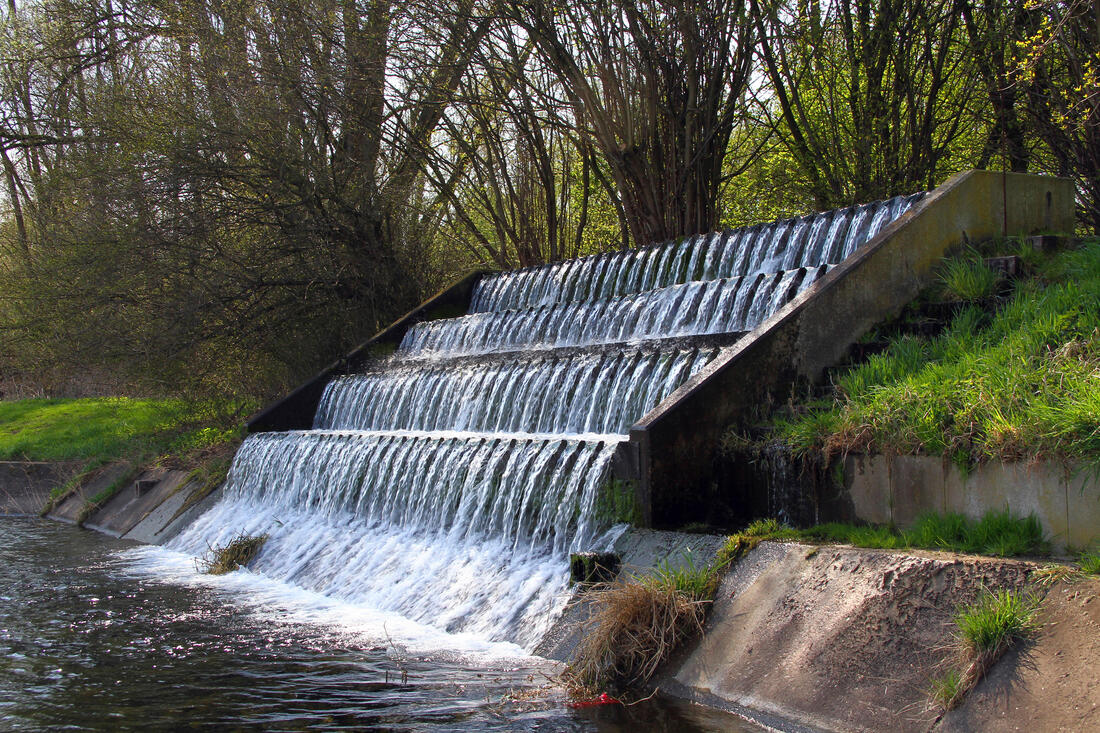|
Wednesday May 25 at 1pm ET Emma Blackburn, a recently graduated Master's student, forWater member, and part of the Water Science, Technology & Policy group at the University of Waterloo, presents her work on biofiltration and techno-ecological nature-based solutions. Webinar description: Climate change-exacerbated landscape disturbances, such as wildfires and floods, are increasingly challenging drinking water treatment. They result in more runoff and lead to more variable and deteriorated source water quality. Dissolved organic matter (DOM) can be especially challenging to treat because it can be smaller and more aromatic after disturbance. "Green" or nature-based solutions are increasingly proposed to address these challenges; however, they have not yet been defined, making it difficult for stakeholders to communicate priorities. Additionally, their resilience in response to landscape disturbances have not yet been investigated. This research presents a framework to evaluate green technologies in the water industry and its implications specifically to drinking water treatment. Biological filtration treatment resilience was investigated post-disturbance, specifically post-wildfire, because wildfire disturbances result in especially severe consequences for water quality. This work provided a proof-of-concept demonstration that biological filtration can buffer elevated source water DOM after wildfire, although its resilience may be challenged under certain conditions.  Bio: Emma received her MASc with the WaterSTP group in the department of Civil & Environmental Engineering at the University of Waterloo in Spring 2022 before recently starting her PhD. Her research is focused on green biofiltration technologies for treatment resilience. She received her B.Sc. in Earth and Environmental Sciences (Co-op) from McMaster University in 2019 and has previously worked as an environmental assistant for the Ontario Ministry of the Environment and in environmental consulting.
0 Comments
Leave a Reply. |
forWater NetworkThe Network provides insights into new scientific research for safe, secure drinking water---globally---which starts with resilient forests Archives
October 2023
Categories |


 RSS Feed
RSS Feed

